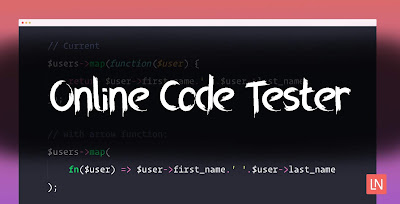I'd like to think I am the perfect example of the type of audience that this book is intending to target. I can work with databases and code procedural PHP like I can HTML (all in my head) but when it comes to Object Oriented Programming, I understand it to an extent but am left with all sorts of questions. With that said, this book both succeeded and failed.
The beginning is always of course the most exciting. The author describes some basics of OOP, why we have private, protected, and public properties/methods, constructors, inheritance and so on... It answered a lot of questions for me. But even after finishing the book I still don't understand when or why one would define a class as "abstract" and that stuck with me from the first time it was mentioned all the way to the end. It almost seems to be typical of Apress books, in that they are so advanced it seems that they're better suited for mastering things you already know rather than learning them. For example, in this book the author often refers to PEAR and uses it in code examples, but doesn't give you a good description of what it is until chapter 14. Now what? Am I supposed to go back and read the whole book again to see if I can understand those examples the second time around? Not until I find out why we have abstract classes, that's for sure.
Php Online Code Tester
Another thing that bothers me is, I don't care about PEAR; I'm sorry but I don't. Yeah it fits the theme of patterns and it's not out of context or anything but shouldn't we be starting more basic (as in: from scratch) rather than jumping into using third party libraries? Let me decide why those libraries are important before we start using them plz k thnx.
So here I am, with a better understanding of OOP than when I started, but still left in the dark with more questions than I'd like to feel comfortable using it. Sure I could jump right in and learn the hard way, but then what is the point of having a book on the subject, right? ...The book was more helpful than it was confusing, I'll give it that; I mean I'd be less likely to drown if I did jump in, but I'd definately swallow some water.


